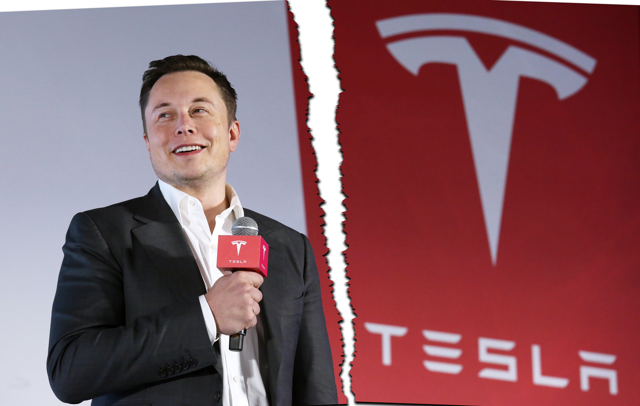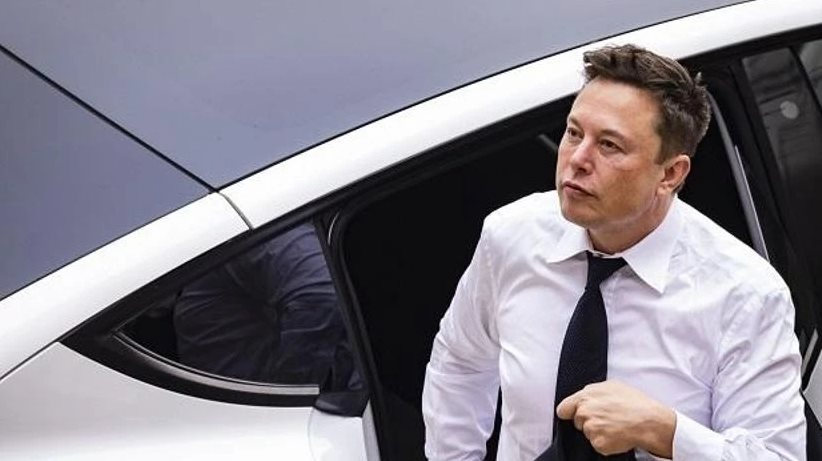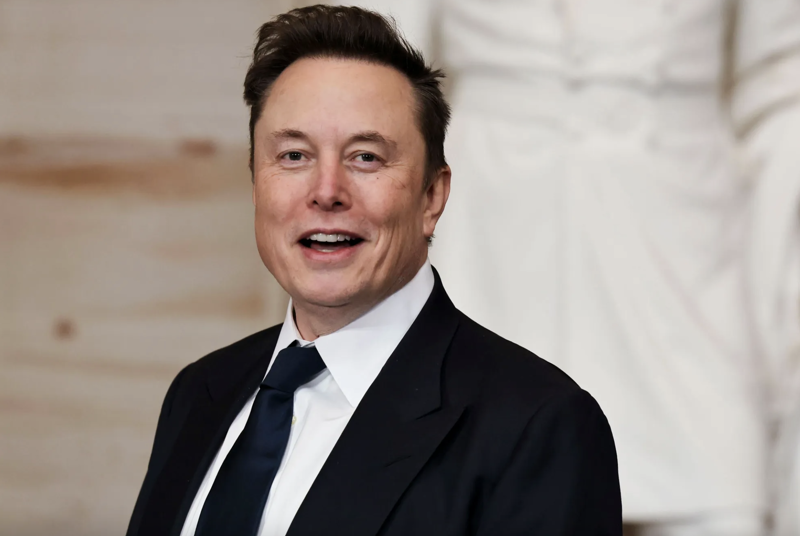
In a move that’s raised eyebrows and dropped jaws, Tesla’s board has approved a staggering $29 billion compensation package for CEO Elon Musk, cementing his status as the highest-paid executive in history. But here’s the kicker: to claim this fortune, Musk doesn’t need to hit sales targets, boost stock prices, or meet any performance metrics. All he has to do is stick around at Tesla for two years. No KPIs, no minimum revenue, no stock price goals—just show up. It’s the kind of deal that makes you wonder if Tesla’s board is handing out golden parachutes or just tossing gold bars at their star CEO.
A High-Stakes Gamble
Tesla’s board calls this $29 billion package—comprising 96 million restricted stock units—“essential” to keep Musk in the driver’s seat amid a global AI talent war, where top engineers are commanding nine-figure paydays. While most companies tie massive bonuses to rigorous performance goals, Tesla’s gone rogue, opting for a “pay now, perform later” approach. It’s either a bold vote of confidence in Musk’s genius or a risky bet on a single man’s loyalty. The terms are strikingly simple: Musk must remain CEO or hold a senior executive role for two years and retain the shares until 2030. No complex milestones, no revenue hurdles—just don’t quit.

This isn’t your typical bonus for a job well done. Analysts are calling it a “retention gift,” a low-risk windfall to ensure Musk, whose name is synonymous with Tesla, doesn’t jump ship. The package comes on the heels of a legal saga: Musk’s 2018 $56 billion compensation plan was struck down by a Delaware court, which ruled that Tesla’s board lacked independence and was too cozy with its CEO. Unfazed, Tesla relocated its incorporation to Texas, where corporate governance laws are looser, and amended its bylaws to require any shareholder suing the company to own at least 3% of its stock—roughly $3 billion. It’s a legal fortress built to protect Musk’s payday.
This isn’t just about money; it’s a declaration that Tesla is Musk’s kingdom. Unlike the 2018 package, which demanded Musk skyrocket Tesla’s valuation, this one only asks him to stay put. With Tesla’s stock hovering above $300, Musk stands to gain nearly $280 per share if he buys them at the fixed price of $23.34. It’s less a reward for achievement and more a gilded leash to keep Tesla’s poster boy in place.
A Polarizing Move
In a letter to shareholders, Tesla’s board emphasized the need to retain Musk’s “extraordinary talent,” arguing that his focus is critical as Tesla battles fierce competition in AI, robotics, and autonomous vehicles like robotaxis. Supporters point to Musk’s track record: since 2018, Tesla’s value has soared twelvefold, largely on his vision. To them, this bonus is a fair price for keeping the man who turned Tesla into a global powerhouse.

But not everyone’s cheering. Institutional investors and pension funds are crying foul, calling the $29 billion package “absurd,” especially as Tesla grapples with an 18% stock drop in 2025 and lackluster sales. Critics argue the board is pandering to a “greedy” CEO instead of prioritizing long-term growth. With Musk distracted by side ventures—X, xAI, and controversial political stances—some investors question whether he’s fully committed. “They’re paying a part-time CEO to stay,” one major shareholder griped, noting Tesla’s need for focus in a cutthroat EV and AI market.
The $29 billion isn’t conjured from thin air—it comes at the expense of existing shareholders. The restricted stock dilutes their holdings, meaning retail investors and pensioners are footing the bill for Musk’s “loyalty pledge.” With his net worth already near $200 billion, the question looms: is Musk still prioritizing Tesla, or is it just one piece of his sprawling empire?
Setting a Precedent
Tesla’s move sets a jaw-dropping precedent in corporate governance. The package includes a clause: if courts reinstate any part of Musk’s 2018 compensation, the new award will be reduced accordingly. It’s a safety net to ensure Musk gets paid, no matter the legal outcome in Delaware. Relocating to Texas, with its business-friendly laws, further shields Tesla from shareholder lawsuits. Analysts are watching closely to see if Texas courts will follow Delaware’s strict governance standards or pave a new path that could reshape how corporate giants operate.
This $29 billion bonus is a power play, blurring the line between leadership genius and unchecked control. If Musk steers Tesla to new heights in the next two years, it could be hailed as a masterstroke. But if Tesla falters—amid slumping sales, AI competition, or Musk’s divided attention—this could go down as one of Wall Street’s costliest missteps. For now, the world watches as Musk, the billionaire showman, holds the keys to Tesla’s future, with $29 billion as his reward for simply staying in the game.


